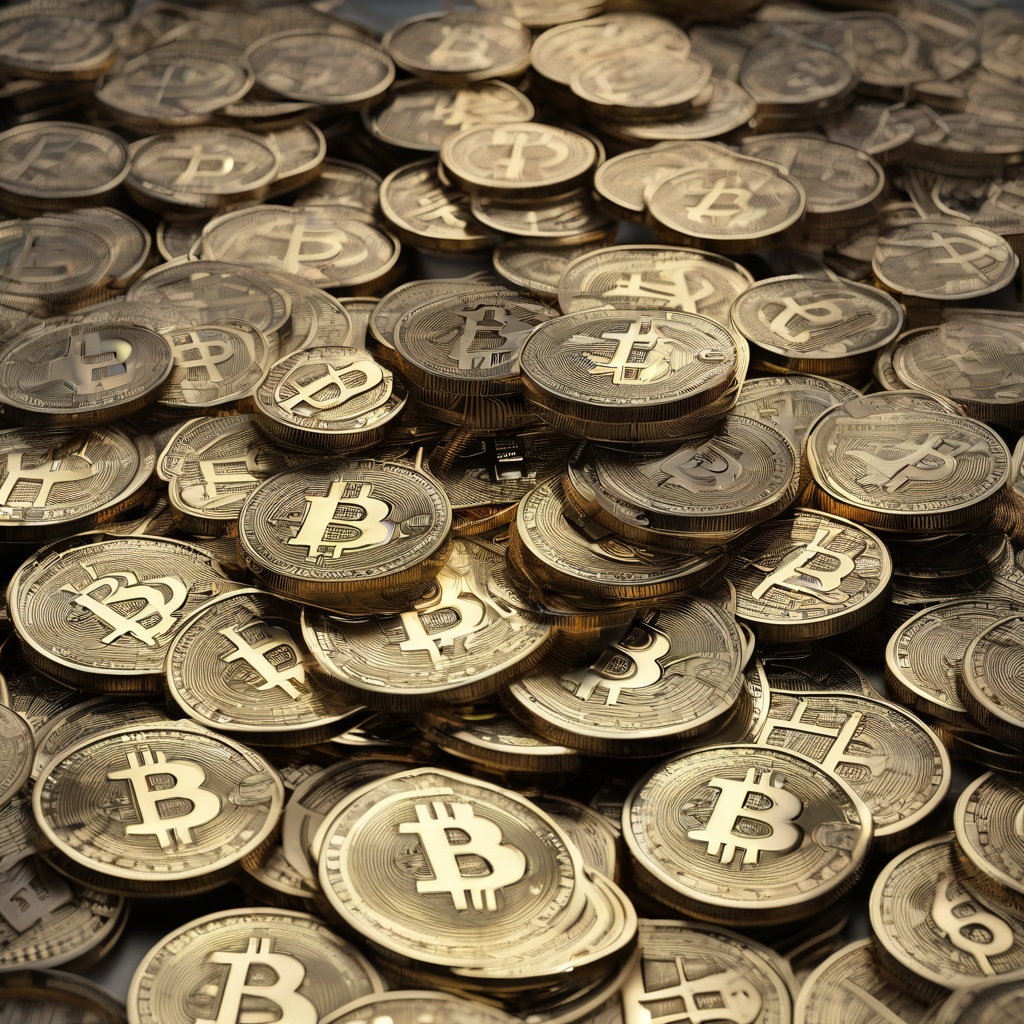Will Iran legalize crypto in cross-border payments?
The question on many minds in the financial world today is: Will Iran legalize cryptocurrency for cross-border payments? Given the country's economic challenges and sanctions imposed by international bodies, the potential for crypto to provide a workaround for traditional banking systems is intriguing. Cryptocurrency offers anonymity, speed, and lower transaction costs, making it an attractive option for those seeking to bypass traditional banking restrictions. However, the Iranian government has been cautious about crypto, citing concerns over its volatility and potential for misuse. But as the economic landscape changes, could we see Iran eventually embracing cryptocurrency and allowing its use for cross-border transactions? This is a question that will undoubtedly shape the future of financial transactions in Iran and could have broader implications for the global economy.

Can cryptocurrencies be used in B2B cross-border payments?
Could you elaborate on the potential applications of cryptocurrencies in B2B cross-border payments? Are there any specific benefits that cryptocurrencies offer compared to traditional payment methods? Are there any challenges or risks associated with using them for B2B transactions across borders? Additionally, what are some of the key considerations businesses should take into account before deciding to utilize cryptocurrencies for their cross-border payments? Your insights into this topic would be greatly appreciated.

How does bitcoin impact global remittances & cross-border payments?
As a financial professional with a keen interest in cryptocurrencies, I'm curious to delve deeper into the question: How does Bitcoin impact global remittances and cross-border payments? Bitcoin, a decentralized digital currency, has disrupted traditional financial systems and raised questions about its role in international transactions. Could it potentially lower costs and speed up transactions for individuals and businesses sending money across borders? Or, does its volatile nature and regulatory challenges pose risks? Understanding Bitcoin's impact on global remittances and cross-border payments is crucial for both policymakers and financial institutions. So, how exactly is Bitcoin changing the landscape of international money transfers?

Can crypto be used for cross-border payments?
Can digital currencies really serve as an efficient and cost-effective means for cross-border payments? With the rise of blockchain technology and the proliferation of cryptocurrencies, the question of whether they can facilitate seamless transactions across international borders has gained significant attention. While traditional payment methods often involve high fees, slow processing times, and complex regulatory frameworks, cryptocurrencies promise to offer a decentralized, secure, and cost-saving alternative. However, are there any inherent challenges or limitations that could hinder their widespread adoption for cross-border payments? Furthermore, how do the various regulatory landscapes and compliance requirements in different countries impact the usability of crypto for such transactions?

Is XRP halal or haram?|Ripple (XRP): Despite some controversy surrounding its centralization, due to its utility in facilitating cross-border payments. Monero (XMR): A privacy-focused cryptocurrency that provides anonymous transactions, deemed halal by some scholars.XRP is often considered halal
Could you clarify for me whether XRP is categorized as halal or haram? I've heard that Ripple, the company behind XRP, has faced some controversy over its centralization, but it's also praised for its efficiency in facilitating cross-border payments. On the other hand, Monero, which is known for its privacy-focused features and anonymous transactions, is deemed halal by certain scholars. Given this information, how does the community generally view XRP in terms of its religious compliance?

